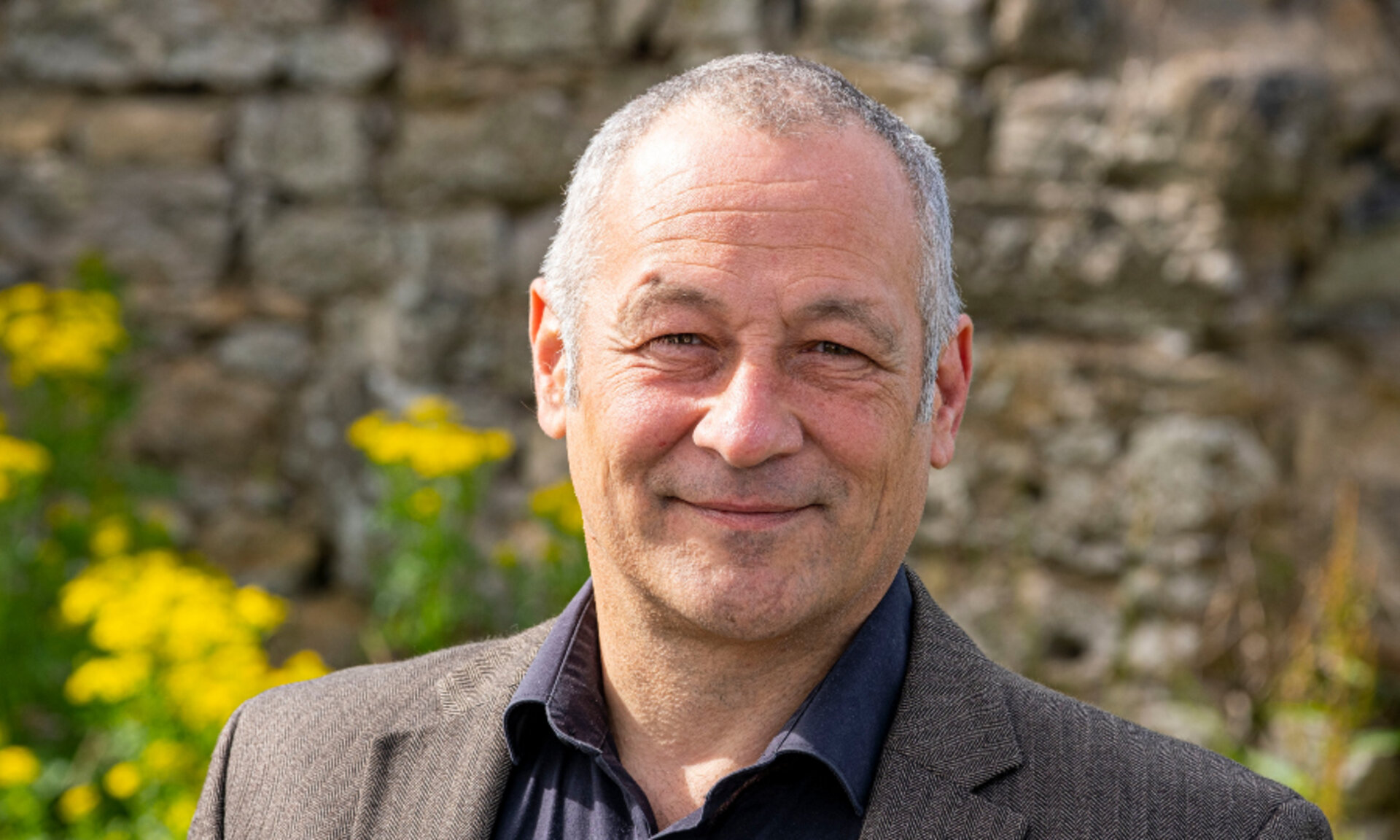Professor puts GCU on world map for influencing global health policy and research excellence

Professor Sebastien Chastin has played a key role in developing new World Health Organization (WHO) guidelines on physical activity and sedentary behaviour launched today (Thursday, November 26).
The esteemed academic in health behaviour dynamics, based in the School of Health and Life Sciences' Department of Physiotherapy, said he felt "honoured" to stand shoulder-to-shoulder with the greatest research groups in the world to develop the new set of universal guidelines.
WHO said that up to five million deaths a year could be prevented if the global population was more active and that the guidelines were even more important now that so many people are home bound due to COVID-19.
The 'Every Move Counts' guidelines emphasise that everyone, of all ages and abilities, can be physically active and that every type of movement counts. WHO recommends at least 150 to 300 minutes of moderate to vigorous aerobic activity per week for all adults, including people living with chronic conditions or disability, and an average of 60 minutes per day for children and adolescents.
Professor Chastin was on the expert panel that put the guidelines together and he is particularly proud that the guidelines are universal and include limiting sedentary behaviour.
He said: "I feel honoured and really excited to have been part of these WHO guidelines. I was particularly happy about the universal design aspect of the guidelines.
"Being involved in these global guidelines with WHO means that GCU is standing shoulder-to-shoulder with the greatest research groups in the world. It is hugely significant for me as a scientist and for the reputation of the University putting it firmly on the world map in terms of influencing global policy and research excellence.
"The most important aspect of these guidelines is the fact that, on top of recommending 150 minutes of physical activity per week for adults, they also recommend that we reduce sitting time as much as possible.
"The biggest impact of these guidelines is the fact that they are a lot more inclusive and is based on the best available scientific evidence to date. We have done a lot of work on the universal design so these guidelines have been extended to cover people with communicable diseases, pre-existing conditions, pregnant women and people with disabilities, and pays special attention to lower and middle income countries' situations."
WHO statistics show that one in four adults and four out of five adolescents do not get enough physical activity. Globally this is estimated to cost US$54 billion (£40 billion) in direct health care and another US$14 billion (£10.5 billion) to lost productivity.
It says regular physical activity is key to preventing and helping to manage heart disease, Type-2 diabetes, and cancer, as well as reducing symptoms of depression and anxiety, reducing cognitive decline, improving memory and boosting brain health.
The guidelines encourage women to maintain regular physical activity throughout pregnancy and post-delivery. They also highlight the valuable health benefits of physical activity for people living with disabilities.
Older adults (aged 65 years or older) are advised to add activities which emphasize balance and coordination, as well as muscle strengthening, to help prevent falls and improve health.
"Being physically active is critical for health and well-being – it can help to add years to life and life to years," said WHO Director-General Dr Tedros Adhanom Ghebreyesus. "Every move counts, especially now as we manage the constraints of the COVID-19 pandemic. We must all move every day – safely and creatively."
